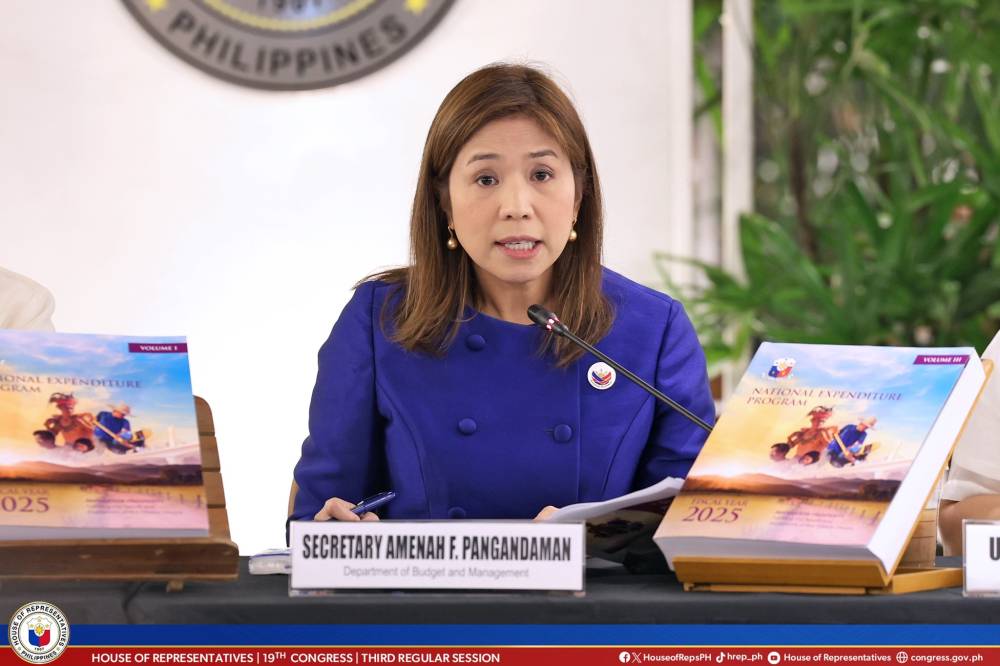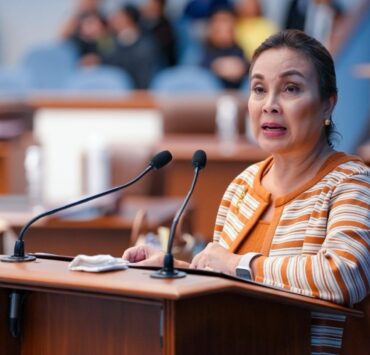DBM: New procurement law shuts door on corruption, rigged biddings

The Department of Budget and Management (DBM) has warned unscrupulous bidders in government projects that their schemes will no longer work under the New Government Procurement Act (NGPA).
Budget Secretary Amenah Pangandaman said the law, Republic Act (RA) No. 12009, mandates the disclosure of beneficial ownership information, requiring companies participating in public procurement to disclose the identities of individuals who actually own, control or exert significant influence over them.
RA 12009 was enacted on July 20, 2024, and its implementing rules and regulations took effect on Feb. 25, 2025.
“The disclosure of beneficial ownership is a powerful feature of the new law because it ensures that conflicts of interest in public procurement are avoided,” Pangandaman said in a statement on Monday.
“We are closing the doors on corruption and collusion in bidding for government projects. Under the NGPA, the old tricks of palit-pangalan (changing names), palit-ulo (changing heads) and dummy company owners will no longer work,” she said.
Pangandaman said the disclosure of beneficial ownership will strengthen integrity and full transparency in the public procurement process, especially since 65.8 percent of bidders in public procurement share common owners based on a 2023 study conducted by the Government Procurement Policy Board–Technical Support Office.
The NGPA, hailed as the biggest anticorruption measure in the country, was the harmonized version of Senate Bill No. 2593 and House Bill No. 9648, both of which sought to address loopholes in the current government procurement system for a more economical and responsive process.
Procurement modes
Another significant feature of the NGPA is the provision of 11 new modalities of procurement that will give government agencies greater flexibility in choosing ways to procure goods and services.
These are competitive bidding, limited source bidding, competitive dialogue, unsolicited offer with bid matching, direct contracting, direct acquisition, repeat order, small value procurement, negotiated procurement, direct sales, and direct procurement for science, technology and innovation.
Under the old procurement law, the default method is competitive bidding, while the alternative methods were allowed only in exceptional cases.
Under the NGPA, the Government Procurement Policy Board (GPPB) is also authorized to approve changes in the system to adapt to advancements in modern and emerging technologies.
The GPPB said this provision ensures that the procurement system remains dynamic and capable of integrating innovative solutions, thereby enhancing the overall efficiency and effectiveness of public procurement.
This fit-for-purpose procurement approach that allows diverse procurement modes provides government agencies with the ability to choose the best from various procurement methods based on specific needs of each project, ensuring best value for public funds while maintaining transparency and accountability, according to the GPPB.

















